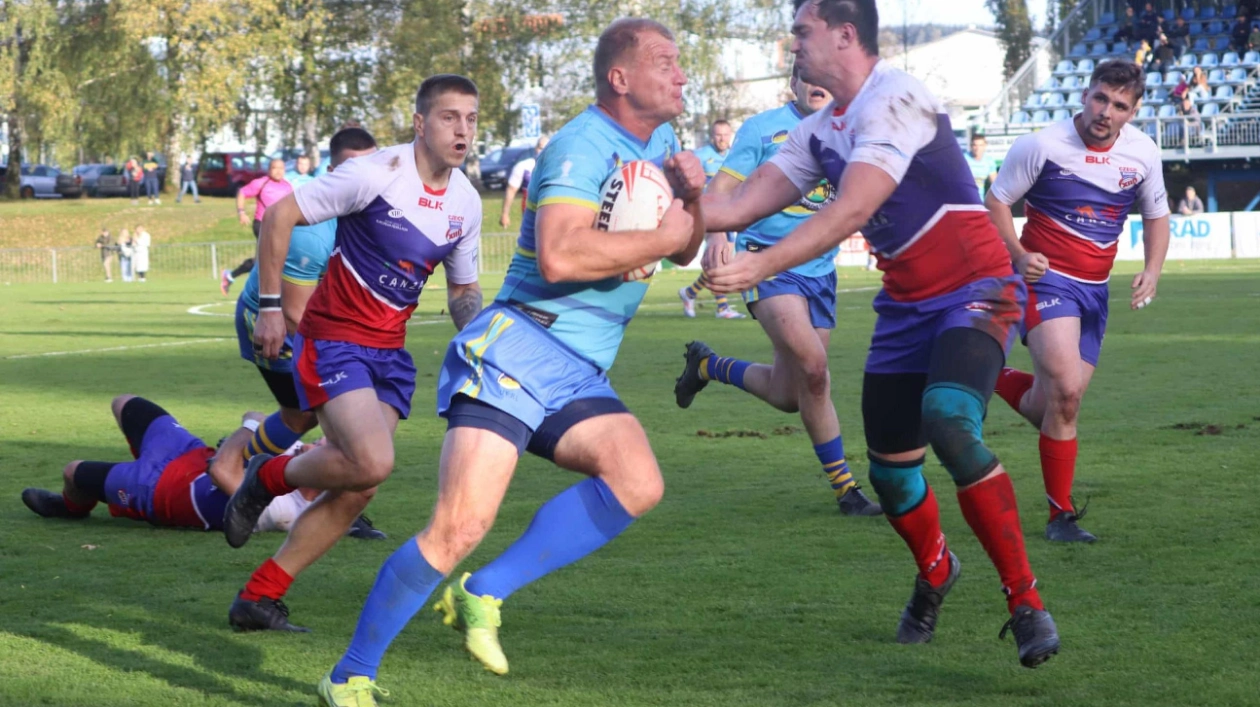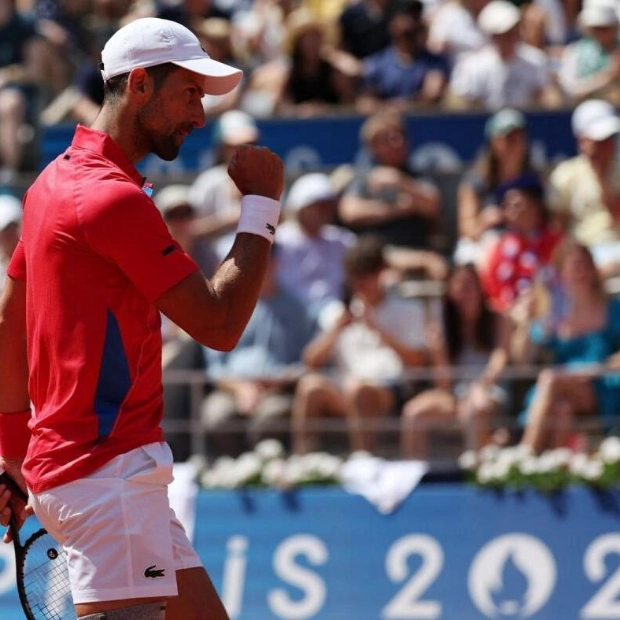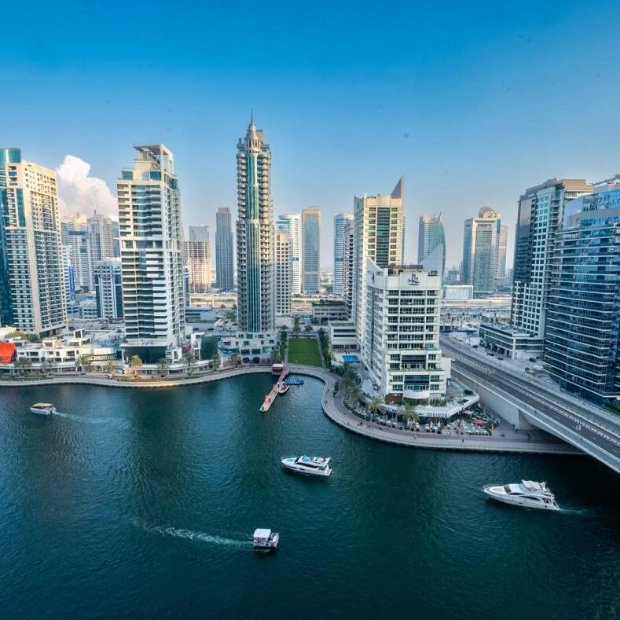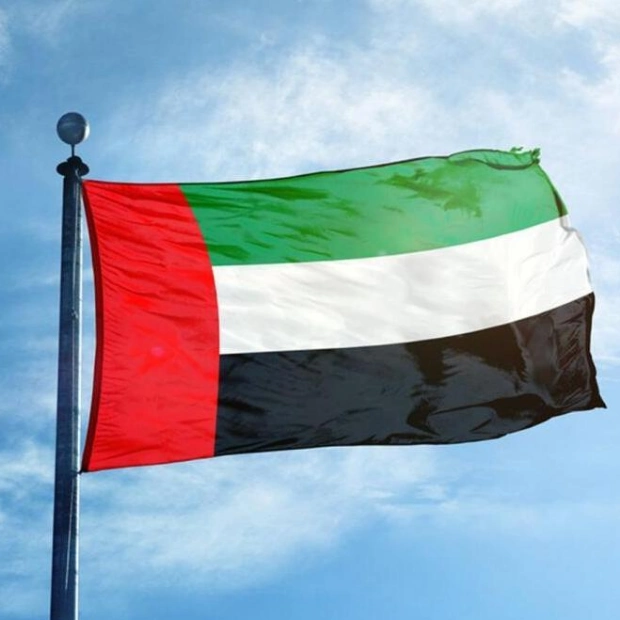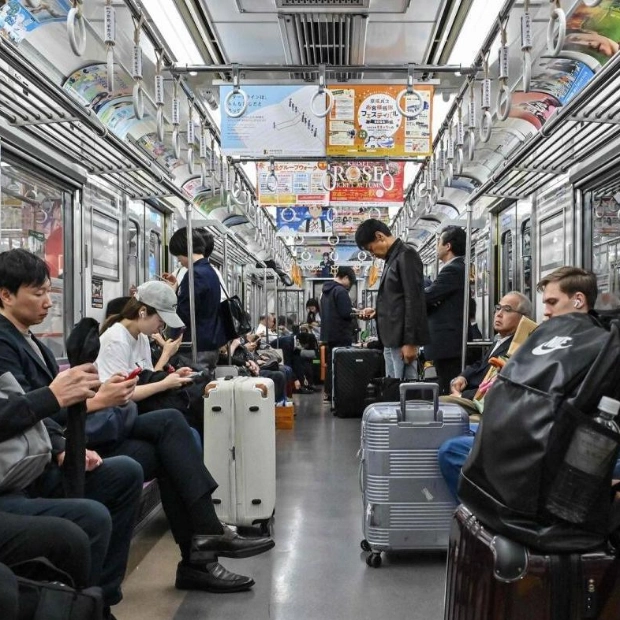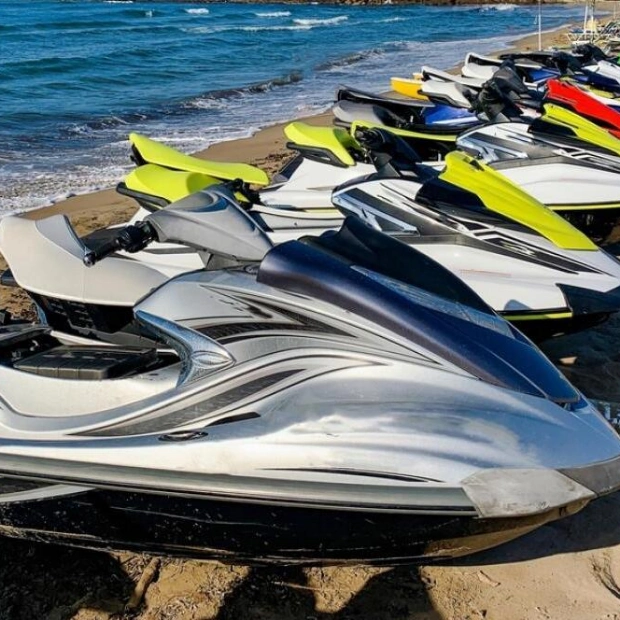Just over two weeks ago, a rocket claimed the life of Vitalii Puchkov’s mother in Kharkiv. Tonight, Puchkov will stand at right-centre against seasoned Super League players in a World Cup qualifier against France. Leading Ukraine will be captain Oleksandr Skorbach, the Kharkiv Legion XIII five-eighth, who has relocated his family to Kyiv due to the constant threat in Kharkiv.
“Kharkiv is under attack daily – it’s too dangerous to remain – so it’s incredibly challenging to stay focused,” Skorbach shares through an interpreter. “Some teammates can’t compete as they’re defending Ukraine in the military, and we’re deeply grateful. We lost a player whose entire family perished in a rocket attack. We play for them.” Only the victor of this week’s European qualifying tournament for the 2026 World Cup will advance to the final qualifying stage, facing the Cook Islands, South Africa, and Jamaica. Outsiders presume Ukraine won’t make it.
Assuming a loss to France, Ukraine will then face Wales or Serbia before returning home to unimaginable scenes. “We must represent Ukraine at its best,” says the 37-year-old Skorbach, a rugby veteran since age 12. “We aim to win, not just play well. The French may underestimate us, but we’ll demonstrate our strength and spirit.”
Their journey to France alone showcases their resilience. Rugby league in Ukraine halted post-pandemic due to the Russian invasion in March 2022. It has since resumed in secret, with matches held in central locations. Six squad members are active military granted leave to play. All players funded their 10-day trip. “The main challenge is releasing players from frontline duty,” explains Ukraine coach Dan Beardshaw. “Training days are reduced; pre-war, there were 10 clubs and 29 teams, now only six remain, though junior programs and Super League games continue on satellite TV.”
Despite the war, Ukraine RL is on the brink of meeting full membership criteria for International RL, recognizing tag rugby and initiating wheelchair rugby league talks. The national team may strengthen as 250,000 refugees in the UK include potential rugby players. Ukraine’s mix of seasoned players, sevens talent, union code-crossers, and five Australian heritage players, who met their teammates for the first time last week, face a France XIII of Super League players. Ukraine is accustomed to defying odds.
“It’s a win-win,” says Beardshaw, whose Hull accent has transformed after 12 years in New South Wales. “Our players are skilled and physically prepared. We’ve provided a basic structure, but they play the Ukrainian way – they have tricks up their sleeves!” Unable to travel to a war zone, Beardshaw orchestrated preparations online, watching games and conducting sessions remotely. The squad’s journey to France was arduous, involving bus rides and flights, culminating in a 20-hour coach trip to Carcassonne.
Ukraine impressed in their recent match and should pose a tough challenge to Wales or Serbia. A year ago, they won both Tests in Greece. Flying under the European radar, they could pull off a shock win this week. “Some squad members have long rugby histories,” says Beardshaw. “Our full-back Yaroslav Davydov transitioned from sevens – he’s only played three league games but is a talent.”
Beardshaw, a former teacher and Scotland Student international, has his own story. Coaching under Anthony Seibold at Mackay Cutters, his father’s heart issues led to an epiphany. A working holiday in Sydney evolved into roles with the NRL, Wests Tigers, and Canterbury Bulldogs. Amid Covid, he joined the NSW Police Academy and offered to assist Ukraine. Beardshaw is touched that despite his squad’s harrowing experiences, they value his story. “Ukrainian culture is respectful. They listen and wait. I shared my journey – illness, family loss, Covid, marriage – and they said: ‘This is the Ukrainian chapter in your life.’”
Two war-torn nations were set to play international rugby league in France this month, but Lebanon canceled. Ukraine’s determination to compete amid daily bombings contrasts starkly. Lebanon lost IRL full member status despite recent World Cup quarter-final appearances. Without a domestic program revival, they risk disappearing from the world stage. Similarly, Ireland, Scotland, and Italy lost full status due to domestic program collapses, despite having enough full-time players to challenge northern hemisphere’s Tonga or Samoa.
The World Cup qualifiers feature Wales, with only two Super League regulars, and Serbia, with eight Australian-Serbs, including former Samoa winger David Nofoaluma and Nic Cotric. Ukraine aims to surprise. “We feel responsible, representing Ukraine and our families,” says Skorbach, returning to manage a sports complex. “We appear strong, but inside, I feel weak emotionally. We can’t do anything. I feel helpless.” France is favored to win the Euros and reach the 2026 World Cup in Australia. Yet, the real winners will be Ukraine.
Source link: https://www.theguardian.com
